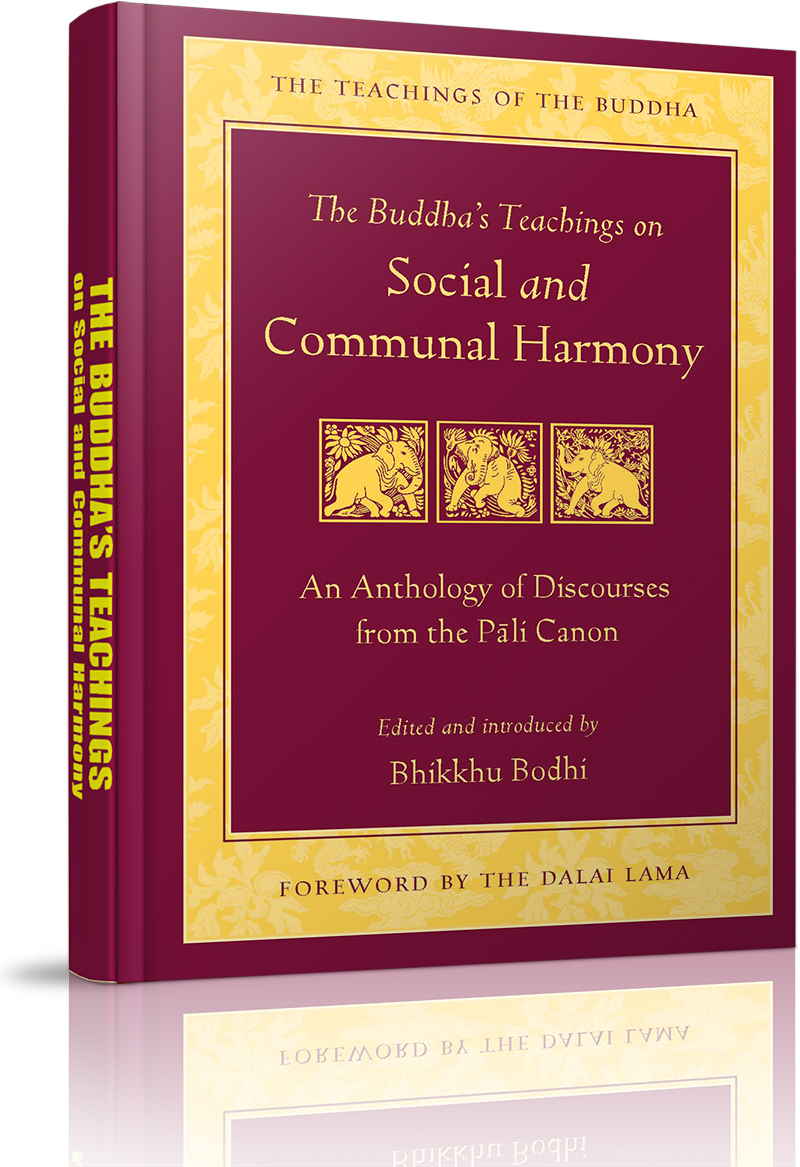Nếu chúng ta luôn giúp đỡ lẫn nhau, sẽ không ai còn cần đến vận may. (If we always helped one another, no one would need luck.)Sophocles
Phải làm rất nhiều việc tốt để có được danh thơm tiếng tốt, nhưng chỉ một việc xấu sẽ hủy hoại tất cả. (It takes many good deeds to build a good reputation, and only one bad one to lose it.)Benjamin Franklin
Bằng bạo lực, bạn có thể giải quyết được một vấn đề, nhưng đồng thời bạn đang gieo các hạt giống bạo lực khác.Đức Đạt-lai Lạt-ma XIV
Hào phóng đúng nghĩa với tương lai chính là cống hiến tất cả cho hiện tại. (Real generosity toward the future lies in giving all to the present.)Albert Camus
Hãy lặng lẽ quan sát những tư tưởng và hành xử của bạn. Bạn sâu lắng hơn cái tâm thức đang suy nghĩ, bạn là sự tĩnh lặng sâu lắng hơn những ồn náo của tâm thức ấy. Bạn là tình thương và niềm vui còn chìm khuất dưới những nỗi đau. (Be the silent watcher of your thoughts and behavior. You are beneath the thinkers. You are the stillness beneath the mental noise. You are the love and joy beneath the pain.)Eckhart Tolle
Hoàn cảnh không quyết định nơi bạn đi đến mà chỉ xác định nơi bạn khởi đầu. (Your present circumstances don't determine where you can go; they merely determine where you start.)Nido Qubein
Người ngu nghĩ mình ngu, nhờ vậy thành có trí. Người ngu tưởng có trí, thật xứng gọi chí ngu.Kinh Pháp cú (Kệ số 63)
Những chướng ngại không thể làm cho bạn dừng lại. Nếu gặp phải một bức tường, đừng quay lại và bỏ cuộc, hãy tìm cách trèo lên, vượt qua hoặc đi vòng qua nó. (Obstacles don’t have to stop you. If you run into a wall, don’t turn around and give up. Figure out how to climb it, go through it, or work around it. )Michael Jordon
Từ bi và độ lượng không phải là dấu hiệu của yếu đuối, mà thực sự là biểu hiện của sức mạnh.Đức Đạt-lai Lạt-ma XIV
Như bông hoa tươi đẹp, có sắc lại thêm hương; cũng vậy, lời khéo nói, có làm, có kết quả.Kinh Pháp cú (Kệ số 52)
Bạn sẽ không bao giờ hạnh phúc nếu cứ mãi đi tìm những yếu tố cấu thành hạnh phúc. (You will never be happy if you continue to search for what happiness consists of. )Albert Camus
Trang chủ »» Danh mục »» TỦ SÁCH RỘNG MỞ TÂM HỒN »» The Buddha's Teachings on Social and Communal Harmony »» Foreword by His Holiness The Dalai Lama »»
The Buddha's Teachings on Social and Communal Harmony
»» Foreword by His Holiness The Dalai Lama
 Xem Mục lục
Xem Mục lục  Vietnamese || Đối chiếu song ngữ
Vietnamese || Đối chiếu song ngữ
- About Bhikkhu Bodhi
- »» Foreword by His Holiness The Dalai Lama
- none
- General Introduction
- I. RIGHT UNDERSTANDING
- II. PERSONAL TRAINING
- III. DEALING WITH ANGER
- IV. PROPER SPEECH
- V. GOOD FRIENDSHIP
- VI. ONE’S OWN GOOD AND THE GOOD OF OTHERS
- VII. THE INTENTIONAL COMMUNITY
- VIII. DISPUTES
- IX. SETTLING DISPUTES
- X. ESTABLISHING AN EQUITABLE SOCIETY
- Epilogue BY HOZAN ALAN SENAUKE

He saw that the very purpose of life is to be happy. He talked about suffering in the context of ways to overcome it. He recognized that while ignorance binds beings in endless frustration and suffering, the development of understanding is liberating. The Buddha saw that every member of the human family, man and woman alike, has an equal right to liberty, not just in terms of political or even spiritual freedom, but at a fundamental level of freedom from fear and want. He recognized that each of us is just a human being like everyone else. Not only do we all desire happiness and seek to avoid suffering, but each of us has an equal right to pursue these goals.
Within the monastic community that the Buddha established, individuals were equal, whatever their social class or caste origins. The custom of walking on alms round served to strengthen the monks’ awareness of their dependence on other people. Within the community, decisions were taken by vote and differences were settled by consensus.
The Buddha took a practical approach to creating a happier, more peaceful world. Certainly he laid out the paths to liberation and enlightenment that Buddhists in many parts of the world continue to follow today, but he also consistently gave advice that anyone may heed to live more happily here and now.
The selections from the Buddha’s advice and instructions gathered here in this book — under headings related to being realistic, disciplined, of measured speech, patient rather than angry, considerate of the good of others — all have a bearing on making friends and preserving peace in the community.
We human beings are social animals. Since our future depends on others we need friends in order to fufil our own interests. We do not make friends by being quarrelsome, jealous, and angry, but by being sincere in our concern for others, protecting their lives, and respecting their rights. Making friends and establishing trust are the basis on which society depends. Like other great teachers the Buddha commended tolerance and forgiveness in restoring trust and resolving disputes that arise because of our tendency to see others in terms of “us” and “them.”
In this excellent book Bhikkhu Bodhi, a learned and experienced Buddhist monk, has drawn on the scriptures of the Pāli tradition, one of the earliest records of the Buddha’s teachings, to illustrate the Buddha’s concern for social and communal harmony. I am sure Buddhists will find the collection valuable, but I hope a wider readership will find it interesting too. The materials gathered here clearly demonstrate that the ultimate purpose of Buddhism is to serve and benefit humanity. Since what interests me is not converting other people to Buddhism, but how we Buddhists can contribute to human society according to our own ideas, I am confident that readers simply interested in creating a happier, more peaceful world will also find it enriching.
Tenzin Gyatso
The Dalai Lama XIV
TỪ ĐIỂN HỮU ÍCH CHO NGƯỜI HỌC TIẾNG ANH
DO NXB LIÊN PHẬT HỘI PHÁT HÀNH
Mua sách qua Amazon sẽ được gửi đến tận nhà - trên toàn nước Mỹ, Canada, Âu châu và Úc châu.
Quý vị đang truy cập từ IP 216.73.216.157 và chưa ghi danh hoặc đăng nhập trên máy tính này. Nếu là thành viên, quý vị chỉ cần đăng nhập một lần duy nhất trên thiết bị truy cập, bằng email và mật khẩu đã chọn.
Chúng tôi khuyến khích việc ghi danh thành viên ,để thuận tiện trong việc chia sẻ thông tin, chia sẻ kinh nghiệm sống giữa các thành viên, đồng thời quý vị cũng sẽ nhận được sự hỗ trợ kỹ thuật từ Ban Quản Trị trong quá trình sử dụng website này.
Việc ghi danh là hoàn toàn miễn phí và tự nguyện.
Ghi danh hoặc đăng nhập
... ...


 Trang chủ
Trang chủ









